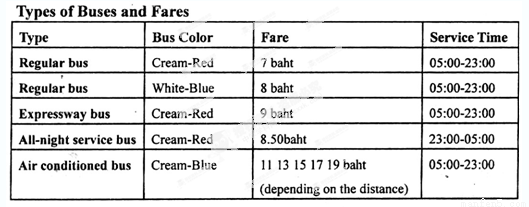题目内容
Our library offers different types of studying places and provides a good studying environment.
Zones
The library is divided into different zones. The upper floor is a quiet zone with over a thousand places for silent reading, and places where you can sit and work with your own computer. The reading places consist mostly of tables and chairs. The ground floor is the zone where you can talk. Here you can find sofas and armchairs for group work.
Computers
You can use your own computer to connect to the wi-fi specially prepared for notebook computers; you can also use library computers, which contain the most commonly used applications, such as Microsoft Office. They are situated in the area known as the Experimental Field on the ground floor.
Group-study Places
If you want to discuss freely without disturbing others, you can book a study room or sit at a table on the ground floor. Some study rooms are for 2-3 people and others can hold up to 6-8 people. All rooms are marked on the library maps.
There are 40 group-study rooms that must be booked via the website. To book, you need an active University account and a valid University card. You can use a room three hours per day, nine hours at most per week.
Storage of Study Material
The library has lockers for students to store course literature. When you have obtained at least 40 credits, you may rent a locker and pay 400 SEK for a year’s rental period.
Rules to be Followed
Mobile phone conversations are not permitted anywhere in the library. Keep your phone on silent as if you were in a lecture and exit the library if you need to receive calls.
Please note that food and fruit are forbidden in the library, but you are allowed to have drinks and sweets with you.
1.Library computers on the ground floor .
A. help students with their field experiments
B. contain software essential for schoolwork
C. are for those who want to access the wi-fi
D. are mostly used for filling out application forms
2.A student can rent a locker in the library if he .
A. can afford the rental fee
B. attends certain courses
C. has nowhere to put his books
D. has earned the required credits
3.What should NOT be brought into the library?
A. Mobile phones. B. Orange juice.
C. Candy. D. Sandwiches.
 天天向上一本好卷系列答案
天天向上一本好卷系列答案 小学生10分钟应用题系列答案
小学生10分钟应用题系列答案

